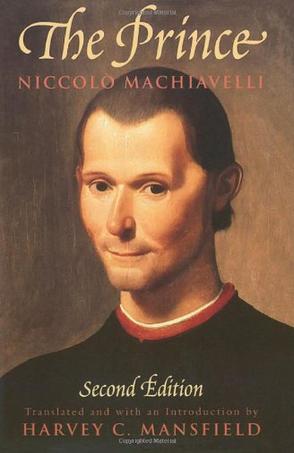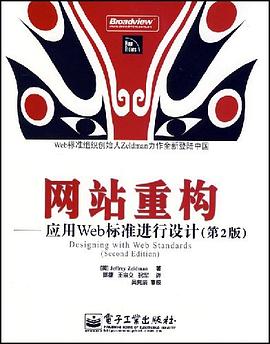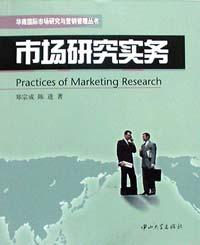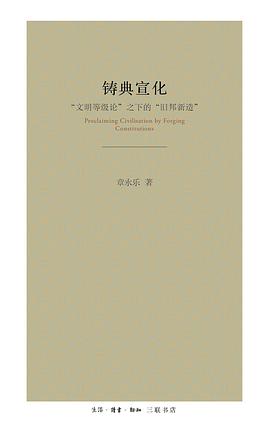The Prince
内容简介
Synopsis
In his most famous work, THE PRINCE (Il Principe), Machiavelli described the ideal prince and encouraged the people of Italy to imagine what it might be like if such a person led a unified Italy. Written in 1513 and published posthumously in 1532, THE PRINCE has been interpreted both as a genuine handbook for potential rulers and as a satirical portrait of certain prevailing styles of leadership of the time. Instead of advocating a sense of moral obligation to one's constituents, Machiavelli believed that it is far better for a leader to be feared than liked. He believed that the ends justify the means, and deceit, ruthlessness, and greed are acceptable in the interest of maintaining power. Though THE PRINCE may have influenced Hitler and Mussolini, the Machiavellian principles outlined in it have earned the work a place on many, if not most, lists of required reading for government and political science courses.
Size
Length: 184 pages
Height: 8.3 in.
Width: 5.5 in.
Thickness: 0.5 in.
Weight: 7.2 oz.
Publisher's Note
The most famous book on politics ever written, The Prince remains as lively and as shocking today as when it was written almost five hundred years ago. Initially denounced as a collection of sinister maxims and as a recommendation of tyranny, it has more recently been defended and indeed applauded as the first scientific treatment of politics as it is rather than as it ought to be. A masterpiece of effective prose, The Prince is at once comic and formidable, imaginative and calculating, fascinating and chilling. Its influence in modern history has been profound, and -- often considered to be the first modern book -- it was surely a primary text for the modern philosophers who challenged the traditions of ancient and medieval thought and morality. Harvey C. Mansfield's translation brilliantly recreates the subtlety and terseness of Machiavelli's own prose while presenting an eminently readable text. Written in accessible and idiomatic English, it is the most literal and accurate translation available. In this second edition, Mansfield provides an analytic introduction, an updated bibliography, a chronology of Machiavelli's life, a map of Italy in his time, a substantial glossary, revisions to the translation itself, and Machiavelli's celebrated letter to Vettori in which he discusses The Prince. Mansfield's translation of this classic work, in combination with the new materials added for this edition, makes it the definitive version of The Prince, indispensable to scholars, students, and lovers of the dark art of politics.
Industry reviews
"If you're going into the trade or the business I'm in, Machiavelli's The Prince is the bible. You'd better read it, and you'd better reread it. The wisdom contained in that book stands you in good stead, for the nature of the public policy options that I exercise, and the techniques that are employed, and the assessment of your competition. I would recommend that to be read over, and over, and over, until death."
Hon. Willie L. Brown Jr.
An inexpensive but high quality translation of the classic Italian Renaissance statement of what has come to be called realpolitik. The translator, Paul Sonnino, presents an easily readable English but also takes care to render Italian words into English cognates or at least to use the same word consistently so the reader gets a sense of what terms and concepts Machiavelli repeated and in what context. Lightly annotated. Paper edition (unseen), $9.95. Annotation c. by Book News, Inc., Portland, Or.
Reference & Research Book News (08/01/1996)
An inexpensive but high quality translation of the classic Italian Renaissance statement of what has come to be called realpolitik. The translator, Paul Sonnino, presents an easily readable English but also takes care to render Italian words into English cognates or at least to use the same word consistently so the reader gets a sense of what terms and concepts Machiavelli repeated and in what context. Lightly annotated. Paper edition (unseen), $9.95. Annotation c. by Book News, Inc., Portland, Or.
Reference & Research Book News (08/01/1996)
......(更多)
作者简介
Niccolò Machiavelli (born May 3, 1469, Florence-died June 21, 1527, Florence) Italian statesman, historian, and political theorist. He rose to power after the overthrow of Girolamo Savonarola, was appointed secretary and Second Chancellor to the Florentine Republic in 1498. Working as a diplomat for 14 years, he came in contact with the most powerful figures in Europe. He was dismissed when the Medici family returned to power in 1512, and during the next year he was arrested and tortured for conspiracy. Though soon released, he was not permitted to return to public office. His famous treatise The Prince (1513, published 1532) is a handbook for rulers; though dedicated to Lorenzo de' Medici, ruler of Florence from 1513, it failed to win Machiavelli his favour. Machiavelli viewed The Prince as an objective description of political reality. Because he viewed human nature as venal, grasping, and thoroughly self-serving, he suggested that ruthless cunning is appropriate to the conduct of government. Though admired for its incisive brilliance, the book also has been widely condemned as cynical and amoral, and “Machiavellian” has come to mean deceitful, unscrupulous, and manipulative. His other works include a set of discourses on Livy (completed c. 1518), the comedy The Mandrake (completed c. 1518), The Art of War (published 1521), and the Florentine Histories (completed c. 1525).
Harvey C. Mansfield is William J. Kenan, Jr. Professor of Government at Harvard University. He is the author of many books including, Statesmanship and Party Government, The Spirit of Liberalism, and Taming the Prince and is the translator of works by Machiavelli and Tocqueville.
......(更多)
目录
......(更多)
读书文摘
君主应当把引发非难的事情委诸他人执行,而把施恩布惠的事情留给自己。
......(更多)






